City of Aiken Private Pond Inspection Program
The stormwater guidelines are provided as a courtesy and are based on general knowledge of maintenance required for these types of stormwater facilities. The City of Aiken specifically disclaims any warranty, either expressed or implied, arising out of the use of these guidelines. The guidelines are not meant to replace or supersede any specific recommendations offered by a qualified professional.
Why does the City have a Private Pond Inspection Program?
In 1990, the Environmental Protection Agency (EPA) established The National Pollutant Discharge Elimination System (NPDES) to reduce the quantity of pollutants that may be transported through the Storm Sewer Systems to “Waters-of-the-State”. The South Carolina Department of Health and Environmental Control (SCDHEC) Bureau of Water issued a NPDES Permit to the City of Aiken on April 1, 2008. In compliance with that Permit, the City has developed a Private Pond Inspection Program (PPIP) implemented by the City of Aiken Stormwater Division. This program is used to inventory and inspect the maintenance of all Stormwater Facilities —such as stormwater ponds—within the city. These facilities provide water quality protection and stormwater management for their surrounding communities. It is vital that an annual inspection and maintenance is performed on these structures in order for them to function as intended.
What is the function of detention and retention pond?
Stormwater facilities such as Detention/Retention ponds (also named Dry/Wet ponds) have two functions. First, they absorb or slow stormwater runoff from impervious surfaces such as roads, parking lots, and rooftops. Second, they remove contaminants from the runoff before it enters a nearby waterway. Stormwater facilities can become clogged by trash, debris, sediment and mud, or other stormwater pollutants that cause the facility to not function as designed. The facilities themselves can develop structural cracks and leaks over time and need regular maintenance to prevent problems. Poor operation and maintenance can lead to failure. Poor maintenance can also create unpleasant odors, nuisance insects, algae blooms and a generally unsightly, unkempt area.
Detention (Dry) ponds do not have standing water at all times, and may fail due to poor vegetation maintenance (infrequent mowing and weed control), clogged inlets from trash and debris, sediment accumulation, failed side slopes, and inadequate access for routine maintenance activities.
Retention (Wet) ponds are basins or depressions that retain, or hold, water in a permanent pool.
Maintenance of both of these types of structures is imperative to their ability to properly control and treat stormwater runoff.
What actions should I take if currently non-compliant?
Knowing why a pond was built at site and the importance of all the components working together should help to reduce the chance of pond failure.
Pond maintenance is a best management practice (BMP) developed to control pollutant discharges, flooding risks, and reduce instability of nearby channels. To keep your stormwater treatment facilities operating properly we suggest developing a plan that specifies: what type of pond you have, what maintenance actions are needed, when and how they will be performed. Also, keeping records of personal inspection checklists and follow-up sheets can be very helpful during this process.
Stormwater Management facilities play a very important role in helping to keep our waters clean. If you have any questions please contact Engineering and Utilities at 803-642-7610 or our Stormwater Administrator.
Click here to download the City of Aiken Stormwater Pond Inspection Form.
